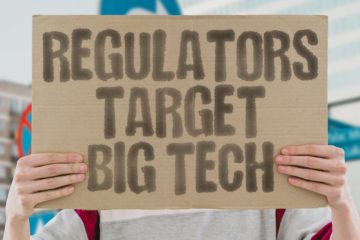The Market Institute President Charles Sauer a new article out in The Washington Examiner highlighting the successes of deregulation during the pandemic, including the proliferation of telehealth.
He writes:
“Like almost everything in life, the good often comes with the bad. Taylor Swift songs come with an annoying fan base, milkshakes come with calories, and public health emergencies deliver reduced regulations, but they give the secretary of the Department of Health and Human Services more power.
With the current debate over ending the public health emergency declared in response to COVID, it is worth looking at exactly what a public health emergency means. The debate is about exactly when to end the “emergency”: either now (what congressional Republicans want) or in May (what President Joe Biden wants). A few months might seem like an insignificant amount of time, but for the president, it means expanded power.
Of course, this is politics, so it also means one side gets to claim an end to the pandemic that has shaped our society in ways that we never expected. However, for the Left, it also means the return of many of the regulatory barriers they have fought for and passed over the last few decades that have made it harder for doctors to treat patients.
One of the worst features of our current healthcare system is the number of regulatory hurdles that make healthcare delivery harder.
Getting medical devices approved is faster in other countries, getting drugs approved comes not only with the science but also the politics, and seeing patients involves solving the patient’s problems and a pile of paperwork just to keep your license. In fact, in response to COVID, the best action that the government took was to get out of the way and let providers take care of their patients, let drug companies develop new drugs, and allow innovators to innovate.
The regulatory rollback was largely possible because of the declaration of a healthcare emergency. Absent regulations during COVID, telehealth has blossomed and helped the country keep going while staying safe and healthy. It will be interesting to see if Democrats come out of this period of deregulation having learned the lessons the pandemic gave us or if they will return to supporting regulations and making it harder for innovators to increase access and decrease costs.
Fortunately, there are many policy proposals that help provide more patient and doctor freedom, such as the “personal option” created by Dean Clancy at Americans for Prosperity or Rep. Chip Roy’s (R-TX) bill that expands health savings accounts.”


